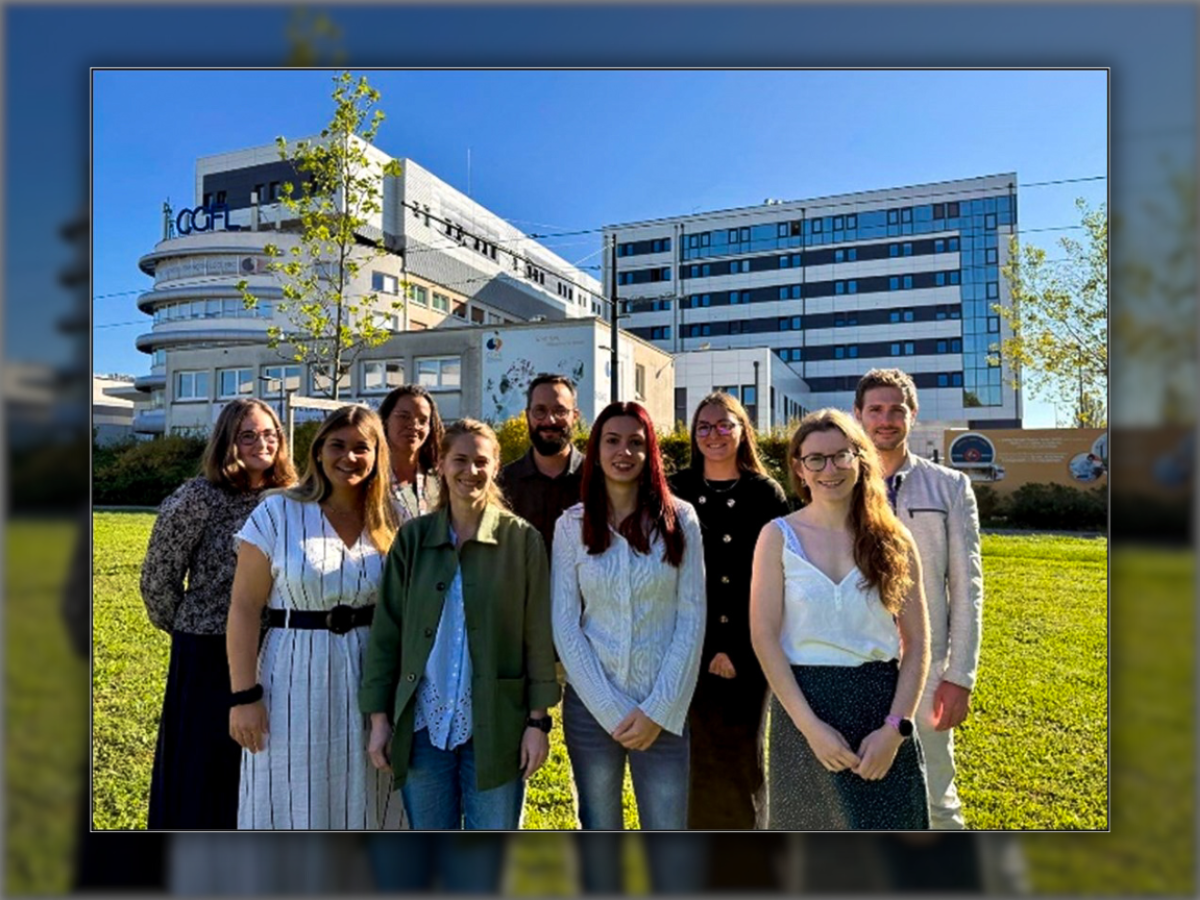Professor Emeric Limagne’s research project receives €790,000 in funding for his cancer research

Starting in January 2026, €790,000 in funding over four years, granted by the French National Cancer Institute (INCa), will support an innovative research project conducted at Université Bourgogne Europe. Led by the OASYS (Oncogenic Addiction and Sensitivity to Immunotherapy Strategies) group, headed by Prof. Emeric Limagne at the CGFL (Centre Georges-François Leclerc) and INSERM Unit 1231, this project tackles a major challenge: understanding and overcoming the resistance of certain cancers to chemo-immunotherapy.
This therapeutic approach, which combines chemotherapy and immunotherapy, has led to significant advances, particularly in lung cancer. However, its effectiveness remains limited in bronchial cancer, and the situation is even worse for highly aggressive cancers such as pancreatic cancer. These cancers have one thing in common: they frequently present mutations in the KRAS gene (a gene that controls the proliferation of tumour cells). Long considered an ‘untouchable’ target, KRAS is now the subject of new strategies thanks to the development of specific inhibitors, already in clinical use.
Preliminary data from the team indicate that blocking KRAS greatly intensifies tumour infiltration by killer lymphocytes during chemo-immunotherapy treatment. Strangely, analysis of the anti-tumour functions of these lymphocytes shows that they appear to be “paralysed”, which limits their ability to effectively eliminate cancer cells. The project therefore aims to decipher the mechanisms of this resistance and identify therapeutic levers to improve the effectiveness of these combination treatments.
In collaboration with the teams of Prof. François Ghiringhelli (CGFL, Dijon) and Prof. Paul Hofman (IRCAN, Nice), the work will be based on preclinical mouse models and models derived from patients with bronchial and pancreatic cancer. Ultimately, this research could open up new therapeutic prospects for patients who are currently at a therapeutic impasse.